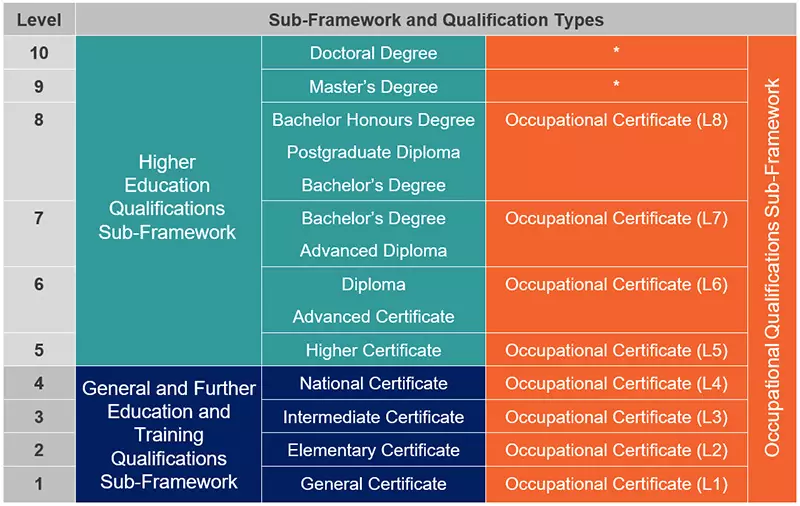“We are in the midst of the fourth industrial revolution, Industry 4.0, and there is no turning back, no slowing down, and we better embrace it in order to remain relevant,” warns Scheeres.
“Industry 4.0” was the brainchild of the German government, and describes the next phase in manufacturing – the so-called fourth industrial revolution. The phases consist of the following:
- Industry 1.0: Water/steam power
- Industry 2.0: Electric power
- Industry 3.0: Computing power
- Industry 4:0: Internet of Things (IoT)
Industry 4.0 is driven by connected devices and sensors, cloud computing, advanced robotics, intelligent software and a range of other technologies. Often referred to as the Internet of Things or “IoT”, where everything operates within a network of connectivity, physical objects such as devices, vehicles, buildings and other items embedded with electronics, software and sensors, are all connected through the collection and exchanging of data.
How will Industry 4.0 affect the asset management industry?
Says Scheeres: “The new rule for Industry 4.0 is: “anything that can be connected, will be connected”. As technology improves the machine-to-machine communication and networks of data-gathering sensors, new opportunities are simultaneously being created. And this is the exciting part. As we proceed to make everything in our lives “smart”, we will find that the more things that are connected, the more opportunities for further “smart” technology will emerge. Therefore, there is no doubt that asset management will soon become “smart asset management”.
“Smart” technologies are already helping people making better decisions on a daily basis, such as taking the best routes to work or choosing their favourite restaurant. For enterprise asset management, the opportunities are endless and exciting at the same time. The collection of data on shared networks will dramatically improve planning and will ensure effective and efficient asset management which will result in cost savings. Smart sensors will further deliver huge operational benefits in the way these devices will generate data on fault reports, readings, updates and alerts – allowing the current “re-active” asset management processes to evolve to more “pro-active” smart asset management.
“The good news is therefore, asset management will become easier with the application of these technologies. However, to reach this point, we must completely rethink the way in which we are going to execute asset management strategies. We must embrace technology and become the knowledge workers of our industry,” adds Scheeres.
Opportunities outweigh the challenges
“Imagine an investment now in these technologies to drive us to the next level of effective, cost-saving, smart asset management. This calls for asset managers and professionals to step up and support new developments in new ways. Many of the technologies that are being developed today, will form the core of Industry 4.0,” says Scheeres.
Industry 4.0 creates an opportunity for horizontal and vertical system integration allowing asset management to integrate across enterprise departments – something that is lacking in current enterprise structures.
The success of IoT in the asset management industry will depend on the support of appropriate regulatory environments, financial means to execute innovations, development of skills, ability to adapt and commitment to best practice.
The IoT is not a single technology but rather a complex concept in which all things are connected. These will undoubtedly bring about many new business opportunities as it adds to the complexity of information technology on a big scale.
Assets with built in “smartness” will soon self-assess and generate accurate and useful reports on performance. These developments are radically transforming products, channels and company business models. This is our opportunity, as the asset management industry, to overturn inefficient asset management practices and replace these with new high-performance practices – it will be the “smart” thing to do,” concludes Scheeres.
